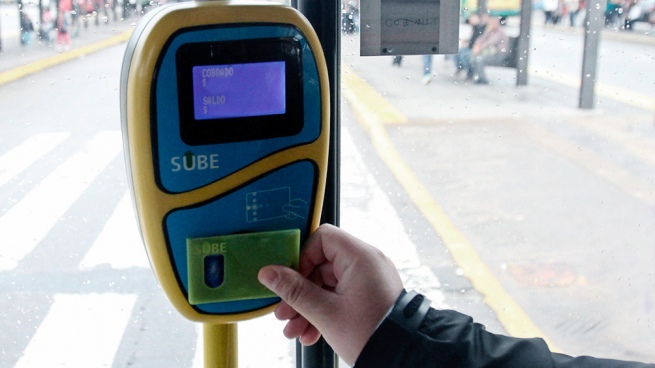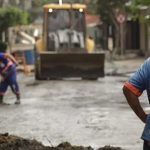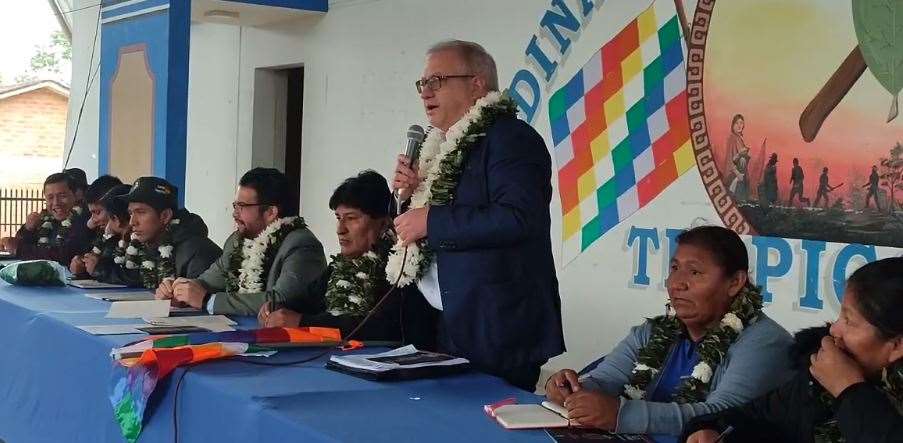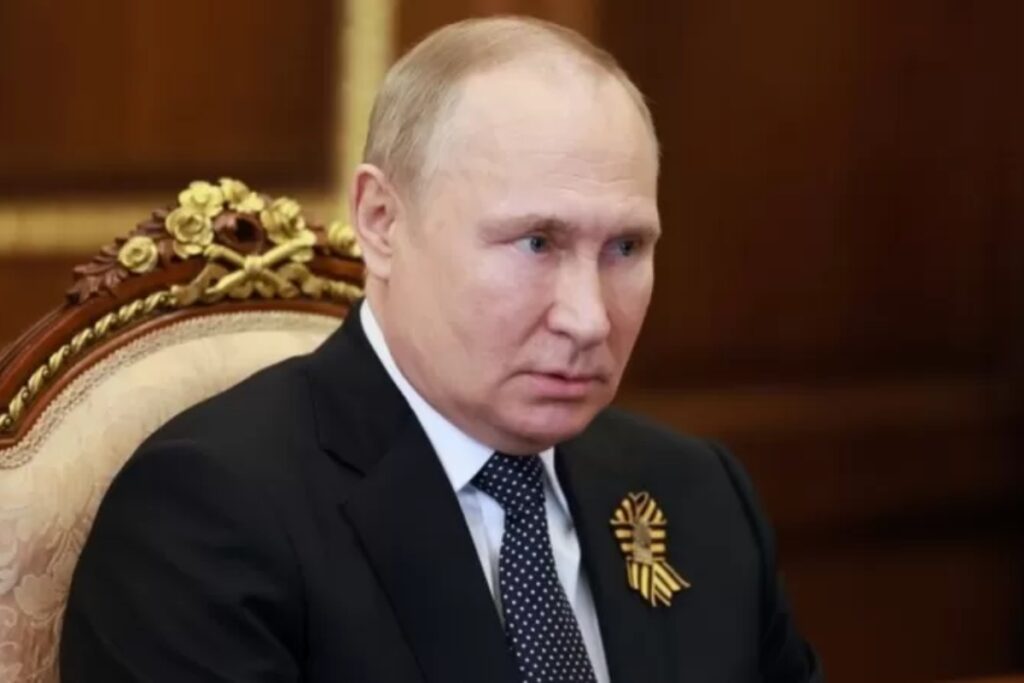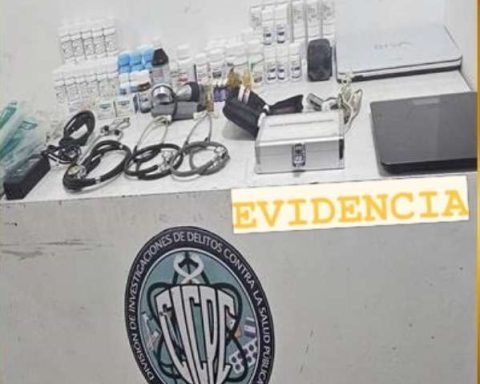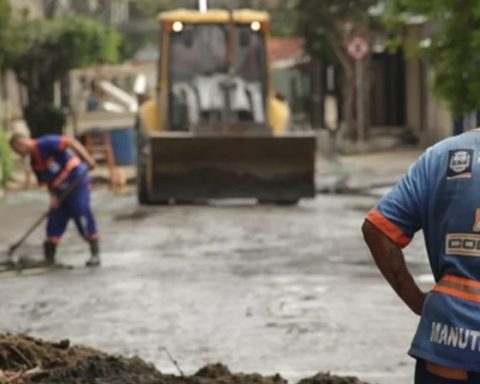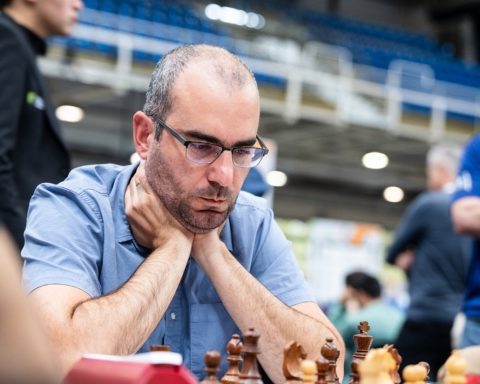The Minimum fare for the group in the Metropolitan Area of Buenos Aires (AMBA) will cost $25.20 for the section from 0 to 3 kilometers while the most used -from 3 to 6 kilometers- will cost $28according to a tariff increase plan that will also include trainsconfirmed the secretary of the area, Diego Giuliano.
“The increase would be $7.20 for the common service from 0 to 3 kilometers, going from $18 to $25.20, while the most used section from 3 to 6 kilometers will increase from $21 to $28”, and will become effective after the hearings. corresponding, explained the Secretary of Transportation of the Nation, Diego Giuliano in dialogue with Télam.
Faced with questions from officials of the Government of the City of Buenos Aires, he ratified that the increase includes the entire AMBA and not only the 32 lines that start and end in the City of Buenos Aires.
“What the government of (Horacio Rodríguez) Larreta proposed is unusual: they state that they do not accept the increase and they increased the subway to $30,” criticized Giuliano.
The last increase in metropolitan public transport was in March 2019, despite the fact that since then there have been fare adjustments in the interior of the country.
The new rate increase it will become official in “20 to 30 days” approximately after a process of “cost structure” and the corresponding public hearings.
It will also include the tmetropolitan trains “in the process of increasing” and their tariff values will be known in the coming days. One of the objectives, Giuliano raised, it is reduce the “distortion” in the country between the rates of the interior and those of the AMBA: “Today we have in the country a distortion raised by the governors and mayors where the ticket in Tucumán, in Rosario and throughout the interior averages $70 while in the City it is $18.” For Guiliano, the distortion is due to that during the administration of former president Mauricio Macri “there was elimination of the subsidy to the interior” and at the same time “The AMBA was hooked on the federal subsidy”. The national government “increased in the last two years by 600% the Public Transport Compensation Fund of passengers from the interior of the country,” he added. Regarding the 32 bus lines that only run within CABA, He indicated that “the technical teams of the Nation and City have advanced and we have already sent the draft of the transfer act to the City. TWe had scheduled a meeting for this Thursday but the City asked for it to be next Wednesday”, he detailed. In addition, he pointed out that “is working to reactivate” the Metropolitan Transportation Agency (AMT) as “a space to harmonize” policies between the Province, the Nation and the City; “But as long as CABA doesn’t take care of its own transportation, it doesn’t make sense.” For its part, the Buenos Aires Minister of Transportation, Jorge D’Onofrio, I consider that the rise “will have very little impact” in passengers, since “today what the user pays represents, to put a number, 10% of the total system, and the rest is put by each jurisdiction,” in statements to radio station La Red. Luciano Fusaro, Vice President of the Argentine Association of Automotive Transport Entrepreneurs (AAETA), He said that “the rate in the AMBA has not been adjusted for a long time, since March 2019 and since then the prices have increased 3.6 times according to the Indec.” He added on Continental radio that “the first thing to discuss is how much the system costs, how these costs are measured, whether they are transparent or not, and then, once there, define how much the user pays and how much a compensation system pays.” Yesterday, the chief of staff, Juan Manzuradvanced that the increase in the bus price in the city of Buenos Aires, when exposing to the Senate in his first management report in Congress and stressed that the asymmetries that exist will not be “resolved from one day to the next, but you also have to see that each one takes charge of what they have”.
